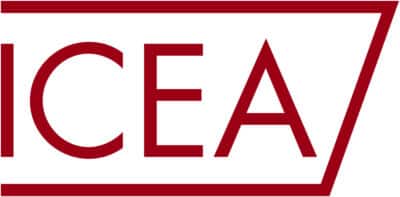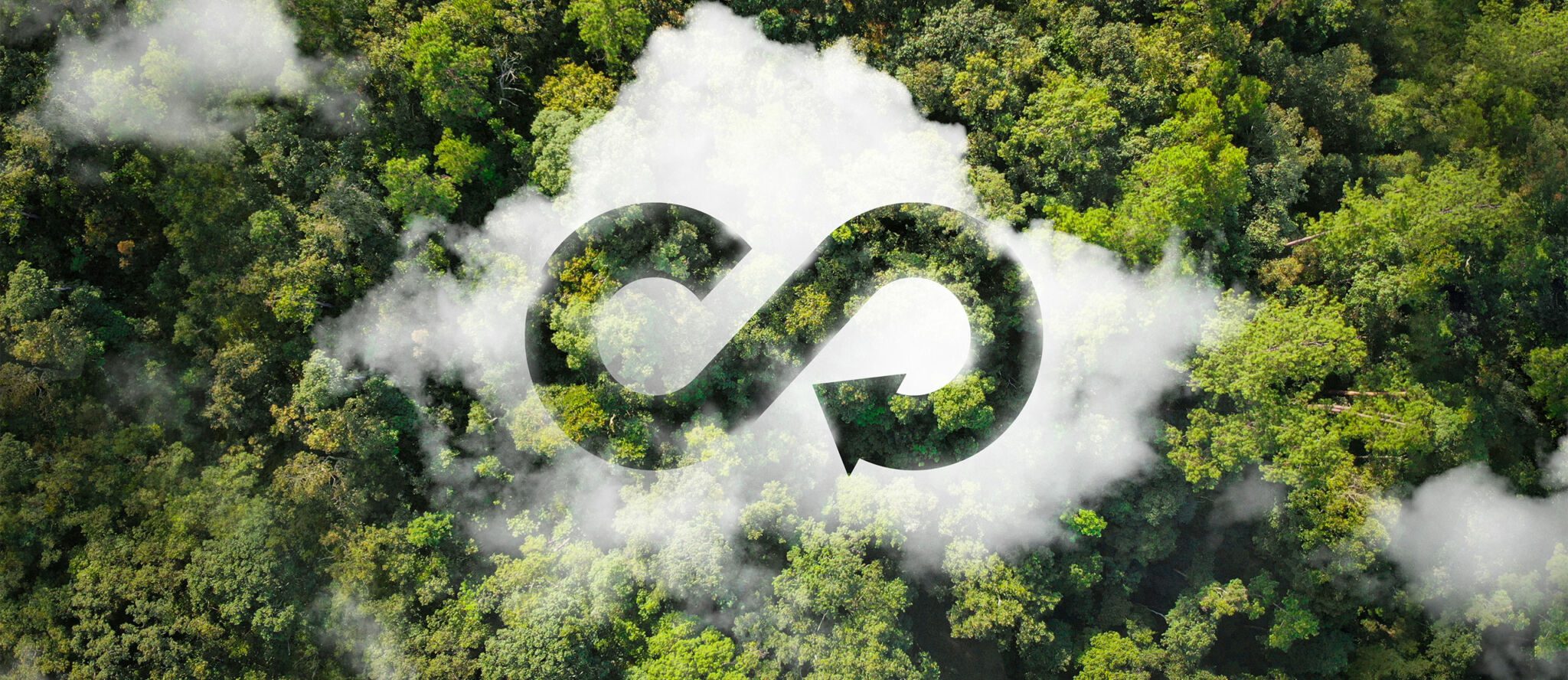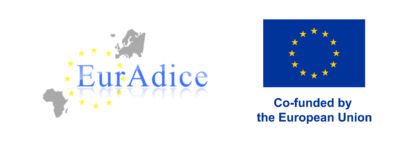
Not activated for the a.y. 2025/2026
The Master in Low-tech circular economy Europe/Africa trains experts capable of promoting a low-tech technological transfer and create wealth in the field of circular economy between Europe and Africa.
The topics covered during the course will foster the internationalization of African and European SMEs, by identifying and implementing new business opportunities in the field of circular economy, through effective and ethical partnerships.
The Master program falls within the activities of the “European African Diaspora for an inclusive circular economy”(EurAdice) Project, funded by the EU, within the “Social innovations for a fair green and digital transition” Call (FSE Program – ESF-2022-SOC-INNOV).
The Master in Low-tech circular economy Europe/Africa is divided in several sections and topics, such as: African culture, sustainable development, low-tech circular economy, business organization in Africa and Europe, intercultural management, and SME circular economy internationalization processes.
Its relevance with respect to current needs is substantiated in the effective contrast to climate change, and is in line with the actions of the Mattei Plan, since it trains experts to promote the internationalization of European enterprises in Africa, and African enterprises in Europe, within the circular economy framework.
The Master in Low-tech circular economy Europe/Africa is open to all candidates with at least a Bachelor’s Degree in any sector, already concluded. The educational program is addressed to public and private professionals already in a working context, and to those who wish to gain specific and innovative competences to improve their employability, by becoming experts of specialized cross-discipline know-how in the circular economy sector. Purpose of the course is preparing new innovation, foreign trade and business internationalization professionals, in the circular economy and low-tech sectors.
Career opportunities include mainly companies, with marketable skills also in the qualified consultancy service market (circular economy participatory planngin facilitators and experts, circular economy low-tech project managers, circular economy low-tech business developers, business analysts, circular economy low-tech facilitators, project manager, product managers, circular economy managers).
The Master in Low-tech circular economy Europe/Africa is a specialized course that includes several modules:
SEMESTER 1
Module 1 – AFRICAN CULTURE AND SOCIAL-ENVIRONMENTAL MATTERS
This module concerns the main aspects linked to African culture: black African mindset, black African cultural components, black African culture characteristics and heritage. It also describes the application of the black African mindset to the field of circular economy
Module 2 – FUNDAMENTALS OF SUSTAINABLE DEVELOPMENT
Purpose of this module is providing a basic and cross-cutting education on underdevelopment, North/South imbalance, environmental and sustainable development, and sustainable development goals.
Module 3 – FUNDAMENTALS OF ENVIRONMENTAL ENGINEERING AND LOW TECH FOR CIRCULAR ECONOMY
This module determines the environmental impact of human activities applied to African Countries, by tackling the issues of recycling, impact, and end of product lifecycle.
Module 4 – CLIMATE CHANGE AND ECONOMIC DEVELOPMENT
This module provides an overall view of climate change and its complexity, and on integrated adaptation and mitigation measures, such as low-tech solutions to limit climate change effects
Module 5 – ENVIRONMENTAL ECONOMY AND ENHANCEMENT OF NATURAL RESOURCES
Starting with the definition, the processes and the procedures characterizing environmental economy, this module also addresses the enhancement of natural resources and their exploitation, and touches also human capital and circular economy topics.
Module 6 – FUNDAMENTALS OF CIRCULAR ECONOMY
By defining and exploring the concept of circular economy, this module highlights its relationship with new business models and with the green economy.
SEMESTER 2
Module 7 – INTERCULTURAL MANAGEMENT
This module deals with the main theoretical concepts linked to culture, interculture and intercultural communication, focusing on their application in the work and enterprise internationalization field.
Module 8 – LOW TECH FOR CIRCULAR ECONOMY
The module illustrates the low-tech approach (definition, identification, enhancement and transfer processes) and the specific technologies employed to promote circular economy in African Countries.
Module 9 – SME INTERNATIONALIZATION
This module focuses on enterprise internationalization strategies and on the way these processes can help to develop circular economy.
The general ranking of merit for the academic year 2024/25 will be published on the Italian page of this Master according to the timing provided in the Call.
Information
Get the brochure
"*" indicates required fields
FAQ
Attendees may come from a broad range of academic education. Indeed, they will acquire new essential skills in the field of circular economy, a field with a marked multi-sectoral and multi-disciplinary nature, which requires an open mind and the will to get involved, also by working in teams, and sharing objectives and methods.
This annual 60-CFU Master is held online. Mandatory attendance is at least 70% of the total hours of lessons held.
Pre-enrolment will end on 08/10/2024, and classes will start on 11/11/2024. The course will be held in English and French.
It will include a Project Work (also individual) as tool linked to the learning-by-doing method: in this way, attendees will gain analysis and operational research experience, to put the knowledge acquired during the lessons into practice, and grow professionally and personally.
Yes, at the end of the online classes, Master attendees will be involved in a group workshop, with the aim of testing a market trend analysis in the low tech circular economy sector, with the option of involving field enterprises, managers and business experts.
Yes, the Master includes an internship, for those who are willing and able to do it.
While for attendees who cannot attend to it, whatever the reason, it may be replaced by a project agreed with the Master’s professors.
For the top 100 ranking attendees, the enrolment fee will be funded with the project funds (only payment of € 22.50 will be required). While for the other students, the enrolment fee amounts to €2,625.00.


